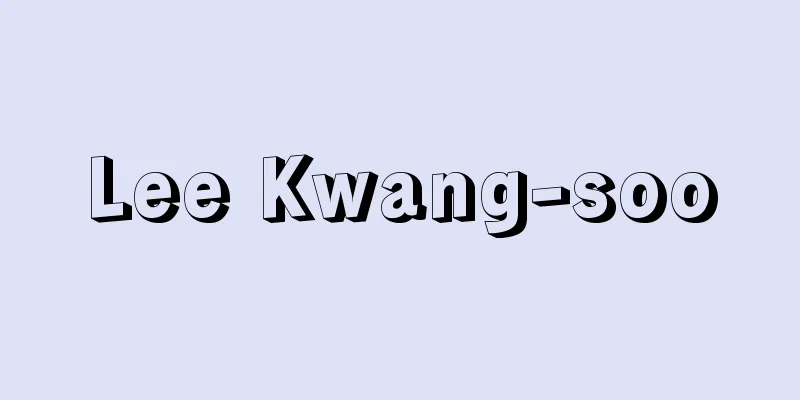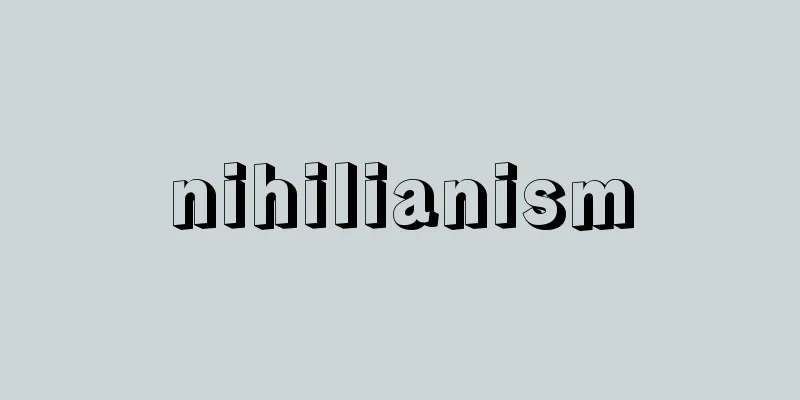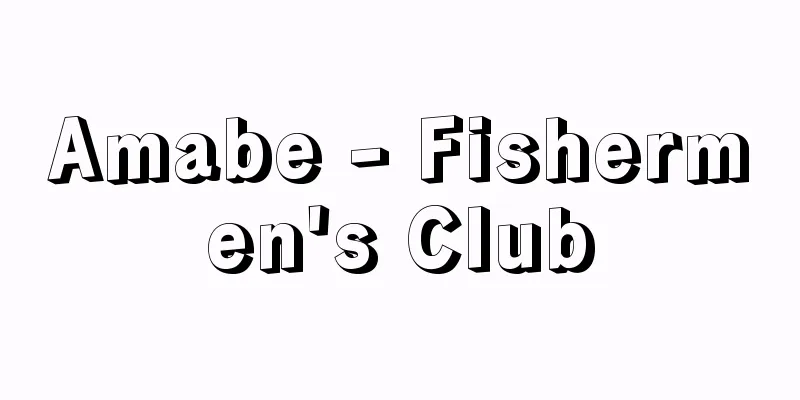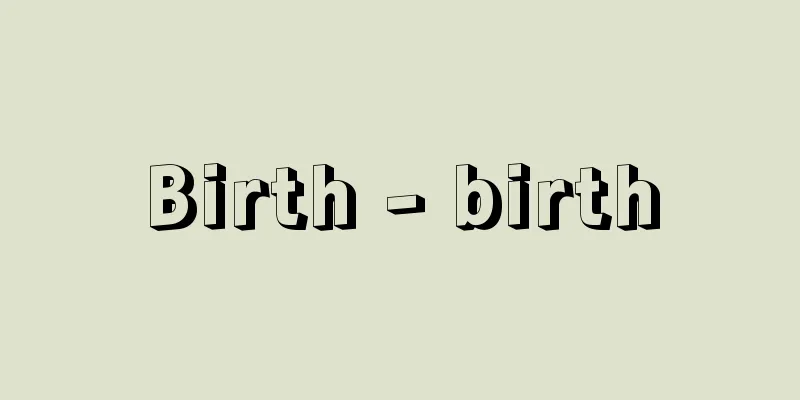Lee Kwang-soo

|
Korean writer and thinker. His pen name was Shunen. In Korea (Republic of Korea), he is generally considered the father of modern literature. Born in North Pyongan Province. He came to Japan in 1907 (Meiji 40) and studied at Meiji Gakuin Junior High School. After graduating, he returned to Korea and taught at Gozan School. In 1915 (Taisho 4), he returned to Japan again and studied at Waseda University. In 1919, one year before graduating, he drafted the February 8 Declaration of Independence and defected to Shanghai, where he joined the Shanghai Provisional Government of the Republic of Korea. After returning to Korea, he published "On Reforming the Nation" in 1922, which was a turning point for him. He argued that personal virtue and sincerity would cultivate the power of the nation, separated the national movement from the anti-Japanese movement, and advocated a legal national reform movement. Later, he also failed in these reform movements, and after he was put on trial in the Shuyo Doyukai Incident in 1937 (he was ultimately found not guilty), he left the Christianity that had influenced him in his youth and converted to Buddhism. When the "Japan-Korea Unity" policy was enforced during World War II, he became Korea's greatest pro-Japanese writer. Although he had his own calculations of gaining an equal voice with Japan by cooperating with Japan, it was inevitable that he was put on trial after liberation under the Anti-National Acts Punishment Act. He is said to have gone missing during the Korean War and been taken to the North. In his early years, Lee Kwang-soo was an encyclopedist who, along with Choi Nam-seon, introduced modern Western thought to Korea, and was also a pioneer who opened up a new literary movement of unification of spoken and written language. He wrote many long and short stories, but most of them were enlightening works based on a nationalistic stance, such as "Earth" (1932), or works on the theme of love between men and women, such as "Love" (1939) and "Friendship" (1935). These works are still loved by young people in Korea today. [Masuo Ohmura] "Love" translated by Kim Il-seon (1941, Modern Japan Press) [Reference item] | |Source: Shogakukan Encyclopedia Nipponica About Encyclopedia Nipponica Information | Legend |
|
朝鮮の作家、思想家。号は春園。韓国(大韓民国)では一般に近代文学の祖とされる。平安北道の生まれ。1907年(明治40)渡日し、明治学院中等部に学び、卒業後いったん帰国して五山学校で教鞭(きょうべん)をとる。1915年(大正4)再度渡日して早稲田(わせだ)大学に学び、卒業を1年前にした1919年、2.8独立宣言書を起草して上海(シャンハイ)に亡命し、大韓民国上海(シャンハイ)臨時政府に身を投じた。帰国後1922年に発表した『民族改造論』は彼にとって一つの転機となった論文で、個人的徳目や誠実さが民族の力を涵養(かんよう)するとし、民族運動と反日運動とを分離、合法的民族改良運動を提唱した。その後こうした改良運動にも挫折(ざせつ)し、1937年の修養同友会事件で裁判に付せられてからは(結局は無罪)、青年時代に影響を受けたキリスト教から離れ、仏教に帰依(きえ)する。第二次世界大戦下「内鮮一体」が強要されると、彼は朝鮮最大の親日文学者になってしまう。対日協力することによって日本と対等の発言権を得んとする彼なりの計算があったとはいえ、解放後、反民族行為処罰法により裁判にかけられたのもやむをえない。朝鮮戦争のなかで行方不明、北に連れさられたとも伝えられる。初期の李光洙は、崔南善(さいなんぜん)と並んで西欧近代思想を朝鮮に紹介した百科全書家であると同時に、言文一致の新文学運動を切り開いた先駆者でもあった。多数の長短編を書いたが、多くは『土』(1932)のように民族主義的立場にたった啓蒙(けいもう)的作品か、『愛』(1939)、『友情』(1935)のように男女の愛情をテーマにした作品であり、現在でも韓国で青年層に愛読されている。 [大村益夫] 『金逸善訳『愛』(1941・モダン日本社)』 [参照項目] | |出典 小学館 日本大百科全書(ニッポニカ)日本大百科全書(ニッポニカ)について 情報 | 凡例 |
>>: Lijiang (English spelling)
Recommend
The Sino-Japanese War - Kogo no umin senso
The largest peasant uprising in Korean history oc...
Oda and Toyotomi period
…It refers to the approximately 30 years from 156...
Tong-zhong-shu men-xia ping-zhang-shi; T`ung-chung-shu men-hsia p`ing-chang-shih
The government system of the Tang, Five Dynasties,...
Armagne - Armagne
…A region located almost in the center of Europe....
Rinjani [Mountain] - Rinjani
A volcano in the north of Lombok, in south-central...
Pope - Houou
The title of a retired emperor who became a monk....
Kazuo Itoga
A practitioner of education for intellectually di...
Full layer fertilization - Zensousehi
Fertilization is the application of nitrogen ferti...
Kenjun
Year of death: 13 July 1623 (9 August 1623) Year o...
NMR - nuclear magnetic resonance
Nuclear magnetic resonance is a method of non-dest...
Lilio, L. (English spelling) LilioL
...So in 1577, Pope Gregory XIII organized a comm...
Oshigoromo - Ushinchi
…After the Meiji period, upper-class men rapidly ...
Bouvet [island] - Bouvet
An isolated island in the South Atlantic Ocean, ab...
The Broken Jug (English: The Broken Jug)
A one-act comedy by the German playwright Kleist....
Ngo Dinh Diem (English spelling)
1901‐63 The first president of the Republic of Vie...









